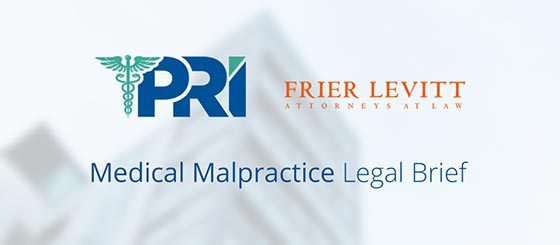Most of my readers, sometime in the medical career, will be a witness in some kind of administrative or judicial procedure. It might be a malpractice action, where you are the defendant, it might be an administrative action where your license might be in jeopardy. Most often, it will be for a deposition. That is when, as part of the discovery phase of litigation, the parties get to ask you questions under oath. Every word is transcribed by a professional court reporter. You might be a witness or you might be the defendant. In many states, you might be the expert witness.
When I speak to health care professionals, they usually tell me their preparation by their attorney consisted of 5 minutes or so prior to the actual deposition. They were told listen carefully to the questions and only answer the questions. If you can answer yes or no, only answer yes or no. While this is wonderful advise, this hardly is sufficient preparation. Remember, when you are just a fact witness, and you are careless in your answers, you can be added as a defendant. The flip side is also true; you may be removed as a defendant.
Knowing the implications to your answers should not prevent you from telling the truth, but often how you tell the truth can be very helpful or hurtful. If you are a defendant, your testimony should not be on objective recitation of the facts. You must carefully review your records and any records or reports you had access to at the time of your treatment of the patient. You must remember that many things occur over and above what may be in your chart. You should not go into a deposition or any other forum that involves testimony and “wing it”. That is simply foolish. Insist your attorney sits down with you and REALLY prepares. Perhaps, you may need more than one dedicated “prep session”. One other point; do not hold out on your attorney. Tell them the truth, warts and all. They cannot deal with a negative if they do not know about it beforehand. Often, there is a good explanation. Depositions are also a time when the opposing side sizes you up as a witness. It can influence what is asked for in a settlement one way or the other. So, be a Scout and come prepared!
See you next time,
Larry Kobak, Esq.
Courtesy of Frier Levitt (frierlevitt.com)
